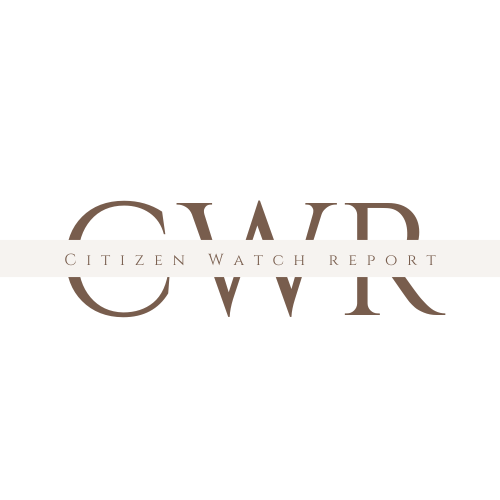via reclaimthenet
A study published this month in Nature looks into how reframing a “fact-check” as a “confirmation” helps those behind this activity increase engagement with their output, what’s termed “corrections of information.”
In other words, what effect does different framing – as confirmation or refutation – have on the likelihood that people will share, like, or comment on the handiwork of “fact-checkers.”
According to the paper that included research done in four South American countries – Argentina, Brazil, Chile, and Colombia – the increase of engagement with “reframed fact-checks” is statistically significant. Respondents were given Facebook posts edited to express either confirmation or refutation as samples to react to.
Trending: A Day After Stroke, Former MLB Star Lenny Dykstra Drops an Epic Tweet
The primary purpose of the study is to find out what motivates online users to spread information that has been “fact-checked” – in other words, how to up the level of such engagement.
People selected to take part in surveys were given a chance to engage – or not – with ultimately the same conclusion, only phrased in two ways, positively or negatively (i.e., that something is true, thus affirming “good information” or that something is false, and so, “misinformation.”)
Even more precisely, the methods “fact-checkers” can use to disseminate the results of their work are either confirmation frames that “replace misinformation with accurate information” – or refutation frames, created to “warn social media users about content tagged as misinformation.”
The first option is supposed to boost sharing among users, while the other is there to boost censorship.
According to its authors, the study’s findings are that people preferred the “confirmation frames” version. Moreover, “confirmation” also appears to have a soothing effect on users as it results in a reduction of “self-reported negative emotions related to polarization.”
And the purpose of the study was to figure out the best way to help those designing policy interventions “aiming to amplify fact-check exposure and reduce affective polarization.”
“Health-related” misinformation and “harmful” speech are cited as being of particular interest in this context.
The researchers come across as proponents of “fact-checking,” referring to it as “the first line of defense” when it comes to misinformation. And then the question became, how to spread the results of those checks as efficiently as possible.
The study’s authors believe that the results have “significant policy implications” and conclude that “fact-checkers aiming to expand their posts – as reach would likely benefit from more frequent use of the confirmation frame.”
If you’re tired of censorship and dystopian threats against civil liberties, subscribe to Reclaim The Net.




















































